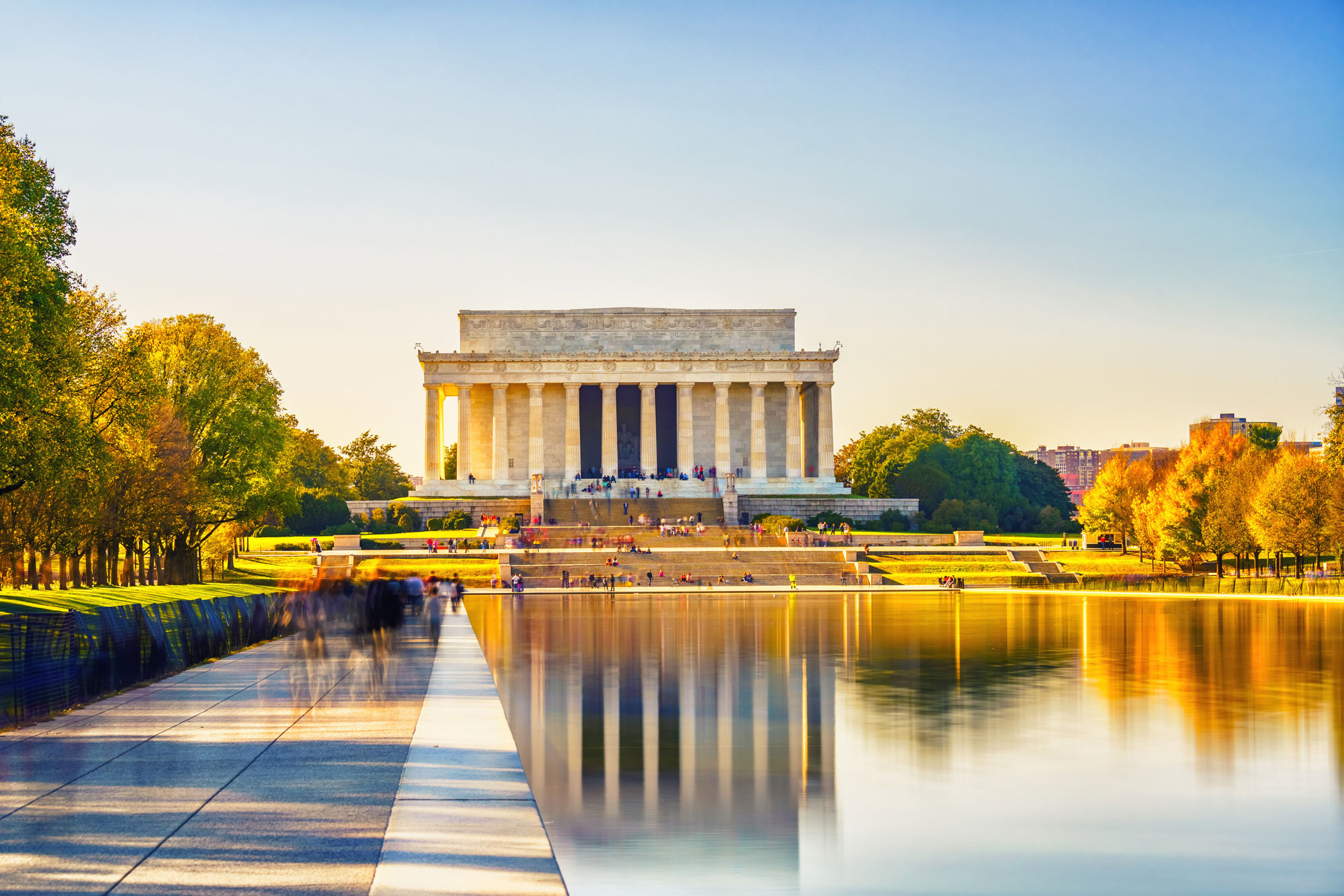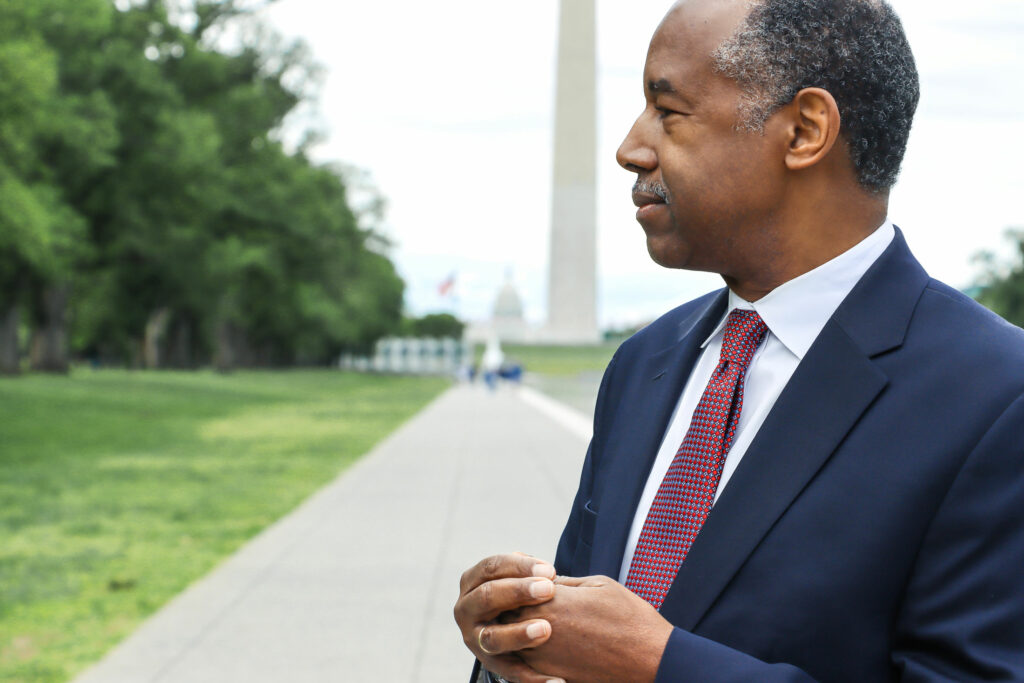 The Preamble to the United States Constitution says that “to promote the common defense” is one of the reasons our Founders “ordain and establish this Constitution.” However, since the end of the Cold War, America’s foreign policy appears to have drifted from this straightforward objective. From our NATO involvement, to the Iraq War, to the distribution of foreign aid through U.S. tax dollars around the globe, America’s foreign policy has been characterized by ambiguous objectives, entangling alliances, and economic dependency, which has caused divisions at home and harmed our status in the world.
The Preamble to the United States Constitution says that “to promote the common defense” is one of the reasons our Founders “ordain and establish this Constitution.” However, since the end of the Cold War, America’s foreign policy appears to have drifted from this straightforward objective. From our NATO involvement, to the Iraq War, to the distribution of foreign aid through U.S. tax dollars around the globe, America’s foreign policy has been characterized by ambiguous objectives, entangling alliances, and economic dependency, which has caused divisions at home and harmed our status in the world. However, President Trump offered a different approach to the decades-long bipartisan consensus that has dominated Washington. His “America First” foreign policy put in place a doctrine that first asked the question, “is this for the defense or benefit of the American people?” After wasting decades of entanglements, trillions of taxpayer dollars, and thousands upon thousands of American lives with nothing to show for it, this approach was a breath of fresh air to Middle America, whose interests in the foreign policy arena have gone totally unrepresented for decades.
President Trump’s America First foreign policy was not a policy of isolationism, but simply a return to the foreign policy of our Founding Fathers. In his Farewell Address, President George Washington warned the young nation to stay clear of entangling foreign alliances and reminded the country that “the nation which indulges toward another a habitual hatred or habitual fondness is in some degree a slave,” because that nation cannot truly be independent.
President John Quincy Adams offered a similar sentiment: the United States of America, he said, “goes not abroad in search of monsters to destroy. She is the well-wisher to the freedom and independence of all. She is the champion and vindicator only of her own.” Washington and Adams both understood that while liberty around the world was a noble objective, the United States must restrain its impulses and serve the common defense of the American people—not attempt to vindicate the rights of peoples around the globe.
Furthermore, America enjoys a unique advantage in its geographical position which allows us to stay out of such foreign entanglements. Surrounded by the Pacific Ocean to our west and the Atlantic to our east, our biggest geopolitical threats are far removed from our borders. Indeed, in his famed Lyceum Address, Abraham Lincoln made this very point:
Shall we expect some transatlantic military giant, to step the Ocean, and crush us at a blow? Never! All the armies of Europe, Asia and Africa combined, with all the treasure of the earth (our own excepted) in their military chest; with a Buonaparte for a commander, could not by force, take a drink from the Ohio, or make a track on the Blue Ridge, in a trial of a thousand years.
Lincoln, like America’s Founding Fathers, understood that America’s geographical location offered us a tremendous advantage and the ability to stay out of the recurring geopolitical conflicts of Europe and Asia. With such an advantage, our nation could instead turn its focus to solving the problems we face here at home.This framework can be useful in thinking about America’s foreign policy to this day. As we continue to send billions of dollars to Ukraine, with no defined objectives, plausible defense of American citizens, or any end in sight, we should realize that the Founders put such an emphasis on the avoidance of entangling foreign alliances for this exact reason.
Foreign policy is one of the primary constitutional roles of the federal government, but our Founders meant this in relation to defense of our homeland from invasion or attack. In light of this reality, Americans should urge their political leaders to refocus our blood and treasure on objectives that actually secure the blessings of liberty “to ourselves and our posterity,” rather than continuing to send our hard-earned dollars abroad—just like our Founders envisioned.

